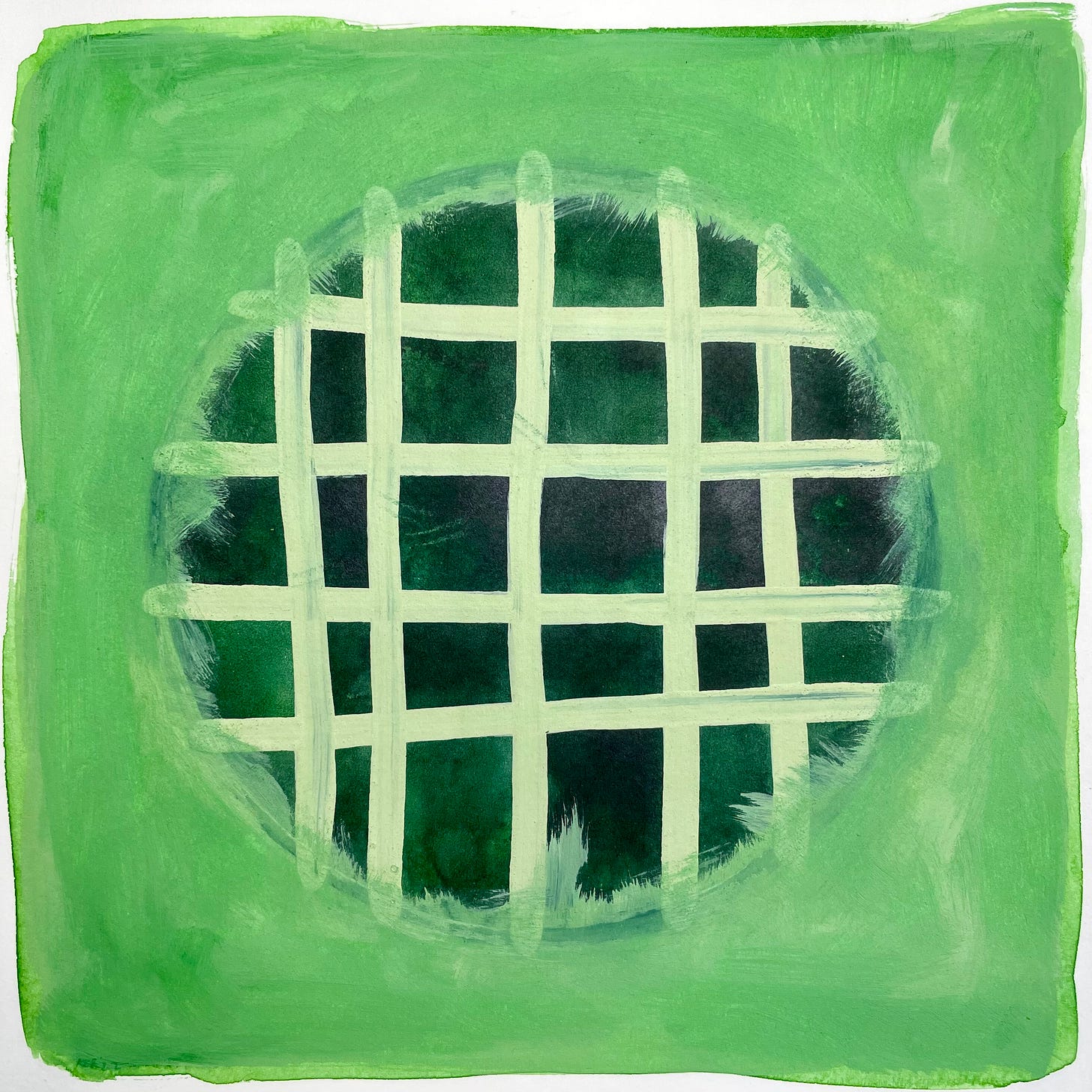I’ve mentioned the brilliant This Jungian Life podcast before because it was the first place I heard the idea of ‘getting comfortable with being uncomfortable’ in relation to the transcendent function.
Writing this post has taken some consideration because the phrase on its own and without context can be unhelpful and potentially damaging. This isn’t about tolerating abuse, poverty or pain.
I’ve been able to draw a slightly wobbly line between external and internal factors, recognising that for me it’s the internal mental and emotional landscape where the discomfort is found.
So putting external issues aside (particularly those which should and need to addressed individually, collectively, socially) what does it mean to get comfortable with being uncomfortable?
And to start, how do you even know you’re uncomfortable?
In addition to a degree of self awareness, it might take a probing question or a moment of quiet. Perhaps it even displays as a physical sense of restlessness. For me, I need solitude to even begin the process.
When the discomfort is identified the idea is to stay with it; not run, not distract, not fight. Much easier said than done.
The theory is the transcendent function can then express itself by providing a new state from the tension, creating a step forward, up or out. It could take the form of a psychological platform to operate from, a fresh idea, or as I’m exploring in this substack, a creative work.
There’s something comforting about this inner resource, but it might take time and patience for it to appear.
There’s also a nice little reflection of the stoics here - my first philosophical love in the Western canon - when Marcus Aurelius says:
The impediment to action advances action. What stands in the way becomes the way.

So I watch, wait, sit with the wall a bit longer, rather than just leaping over as quickly as possible.

